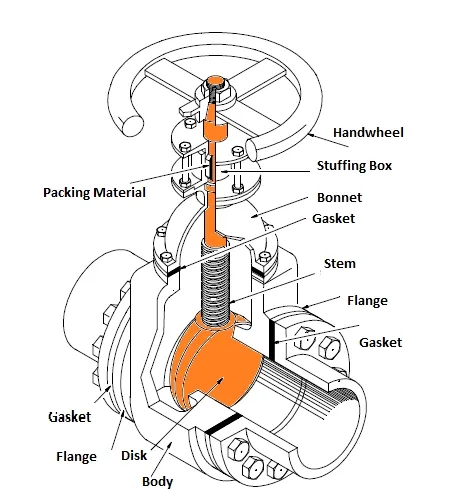gate valve water meter
Understanding Gate Valves in Water Meter Applications
Water management is a crucial aspect of modern infrastructure, and gate valves play a pivotal role in regulating water flow in various systems, including water meters. This article delves into the significance of gate valves in water meter applications, highlighting their functionality, advantages, and considerations for use.
What is a Gate Valve?
A gate valve is a type of valve used to control the flow of liquid or gas through a pipeline. Unlike other valves, such as globe or ball valves, the gate valve operates by lifting a barrier (the gate) out of the path of the fluid. This design allows for minimal pressure drop and a straight-line flow, making gate valves highly efficient for applications where full flow is essential, such as in water supply systems.
Role of Gate Valves in Water Meters
In water meter applications, gate valves serve a critical function in controlling the flow of water to and from the meter. Properly installed gate valves can help ensure accurate readings by maintaining a constant flow rate. When a water meter is installed without a gate valve, fluctuations in pressure can lead to inaccurate measurements, affecting billing and overall water management.
Benefits of Using Gate Valves
1. Flow Control Gate valves provide excellent flow regulation capabilities. When fully opened, they allow for unobstructed flow, essential in systems where high flow rates are needed. This feature is particularly beneficial in municipal water supply systems.
2. Minimal Pressure Drop One of the most significant advantages of a gate valve is its design, which results in minimal pressure loss when open. This feature is crucial in water metering applications as it ensures stable and accurate measurements by reducing the turbulence and resistance that could lead to fluctuating readings.
3. Durability Gate valves are typically made of robust materials such as brass, bronze, or stainless steel, ensuring a long service life even in challenging environments. This durability makes them suitable for various water conditions, including those involving contaminants or corrosive elements.
gate valve water meter

4. Easy Operation Operating a gate valve generally requires minimal effort, often facilitated by a handwheel or actuator. This ease of use is advantageous in situations where quick changes in flow control are necessary, such as during maintenance or emergencies.
Considerations for Use
While gate valves offer many benefits, certain considerations should be taken into account when integrating them into water metering systems
1. Installation Orientation Gate valves should be installed in the correct orientation to ensure proper functionality. Typically, they are best positioned in a horizontal pipeline to avoid issues with water sediment buildup that could impede gate movement.
2. Space Requirements Because gate valves require a certain amount of space to operate correctly, planners should consider their size in relation to the available space in the installation area. Space constraints can limit the choice of valving solutions and may necessitate the use of smaller or alternative valve types.
3. Maintenance Needs Regular maintenance is essential to ensure longevity and reliability. Gate valves can accumulate debris over time, which can impede their performance. Routine checks are needed to ensure they maintain their functionality and support accurate water measurement.
4. Cost While the initial cost of gate valves can be higher than other types of valves, their long-term durability and efficiency can often offset these costs. It's essential to weigh initial expenditures against potential savings in maintenance and operational efficiency.
Conclusion
Gate valves are an integral component in the smooth operation of water meters. Their ability to provide reliable flow control with minimal pressure drop makes them an ideal choice for water management systems. As urbanization and water consumption continue to rise globally, optimizing water infrastructure with suitable components like gate valves is essential. Understanding their functionality, advantages, and the required considerations ensures better water management practices and, ultimately, more efficient service delivery in urban environments. As such, proper selection and maintenance of gate valves can significantly enhance the overall performance and accuracy of water metering systems, benefiting both service providers and consumers alike.
-
The Key to Fluid Control: Exploring the Advantages of Ball Valves in Industrial SystemsNewsJul.09,2025
-
The Versatile World of 1, 2, and 3 Piece Ball ValvesNewsJul.09,2025
-
Stainless Steel Ball Valves: The Ideal Choice for Efficient Flow ControlNewsJul.09,2025
-
Optimizing Fluid Control with Ball Float ValvesNewsJul.09,2025
-
Manual Gate Valves: Essential for Control and EfficiencyNewsJul.09,2025
-
Everything You Need to Know About Butterfly ValvesNewsJul.09,2025
-
The Versatility of Wafer Type Butterfly ValvesNewsJul.08,2025




